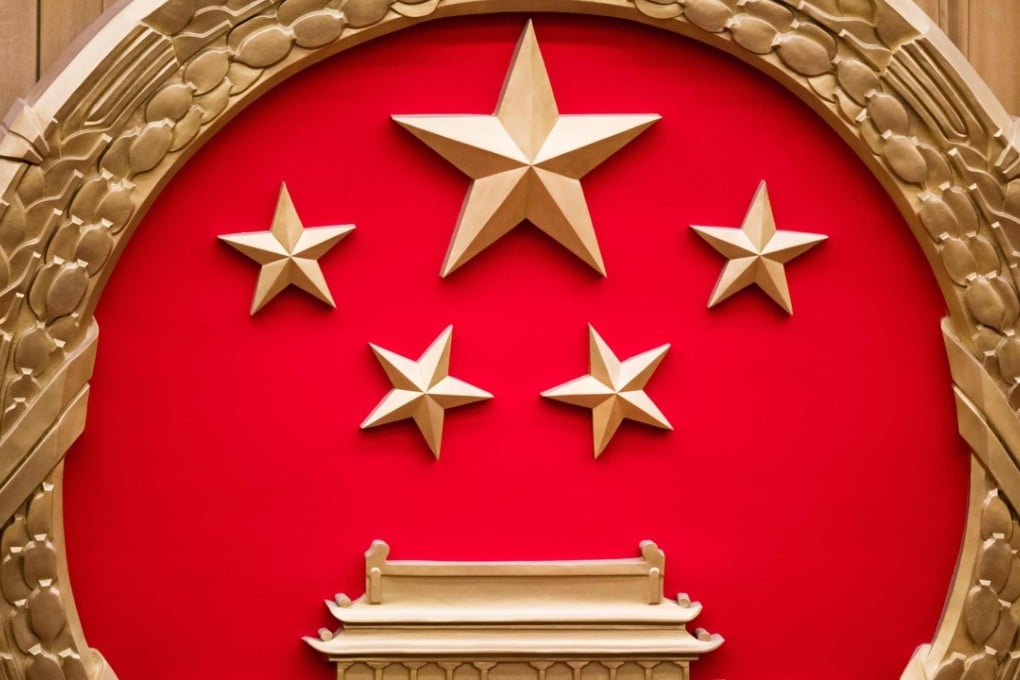Advertisement
Opinion | China’s power to interpret, change and supplement Hong Kong laws is supreme
Shiu Sin Por says not only is the constitutional framework for Hong Kong derived from both the Basic Law and the Chinese constitution, but the authority of the National People’s Congress must also be recognised and respected
Reading Time:4 minutes
Why you can trust SCMP

The Sino-British Joint Declaration, on the negotiated settlement of the question of Hong Kong, was named a “declaration” and not an “agreement” for a reason. Yet the significance of this fact escaped many in those days. The same is true even today.
A week ago in this paper, Professor Johannes Chan and Wing Kay Po of the Hong Kong Bar Council asserted that “there seems to be a tendency for mainland Chinese officials to omit or avoid references to the Sino-British Joint Declaration in any discussion about ‘one country, two systems’, as if the Joint Declaration were non-existent or wholly irrelevant”.
Advertisement
It is more than that. When pressed on the issue last year, an official from the Ministry of Foreign Affairs labelled the Joint Declaration “a historical document” that no longer has “any realistic meaning” today. He also asserted that the document has no binding power over the Chinese government in its policy over Hong Kong.
Who is right and who is wrong?
Advertisement
The Joint Declaration, signed in 1984 to prepare for the 1997 handover of Hong Kong, is a relatively simple document. There are only four substantial clauses in it. The first three are, briefly: Britain will hand Hong Kong back to China; China will take it back; and China declares that it will treat Hong Kong in such and such a way after taking it back.
Advertisement
Select Voice
Select Speed
1.00x
